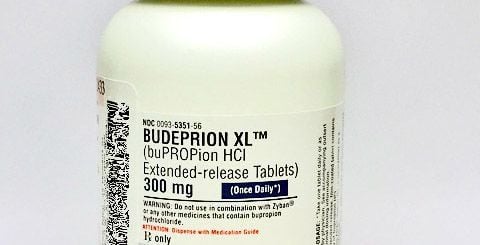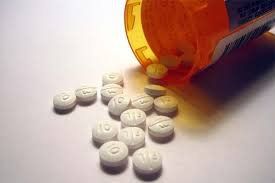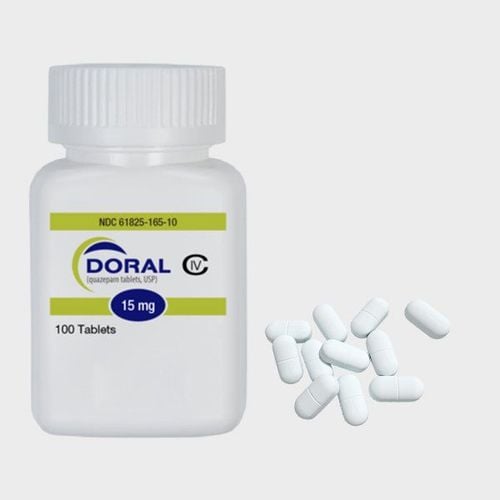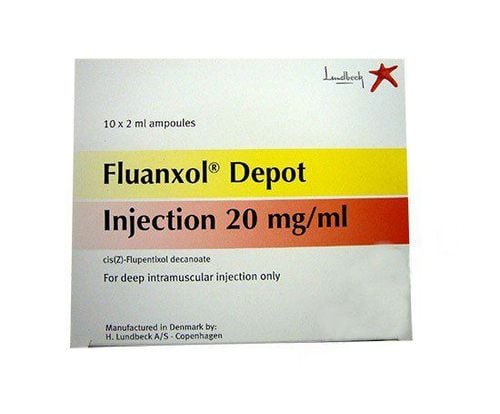This is an automatically translated article.
Article written by MSc Nguyen Thanh Long - Psychiatric Consultant, Psychological Clinic - Vinmec Times City International Hospital
Depression has a great impact on the mental health as well as the health of the patient and those around them. More seriously, patients with major depression may be thoughtless and at risk of suicide.
1. Severe depression
Depression is divided into 3 levels:
Mild depression Moderate depression Severe depression In which major depression is the most difficult and dangerous stage, the patient may have suicidal thoughts or act on their own. , need to be patient with treatment.
Depression is the cause of more than 50% of suicides. Statistics show that men are less likely to be depressed, but when they are depressed, they are more likely to commit suicide.
Patients with depression at high risk of suicide are mostly in two main groups:
Men, over 50 years old, living in rural areas. Female, young, living in the city. Attempts to commit suicide are about 10-12 times more likely than suicide attempts. The risk is higher in people who have committed suicide or have blood relatives who have committed suicide, depression, or alcoholism, as well as in people who live in isolation from society. Suicide can be sudden or premeditated, silent or foreshadowed.
2. Signs of major depression
People with major depression have 2 core symptoms and most (or all) related symptoms of depression and may have additional symptoms.
2 main symptoms Sad mood, with or without symptoms, crying, pessimism about everything. Lack of motivation, decreased interest in everything, including activities that were in a previous hobby. 7 related symptoms Sleep disturbance Changes in appetite Slow movements or irritability Feelings of guilt, low self-esteem. Tired. Difficulty concentrating or solving simple everyday problems. Thinking about death or having suicidal thoughts. Other signs At this stage the patient cannot even perform the most rudimentary activities of daily living. In some cases, there are also paranoid diseases, hallucinogens. Assessing the symptoms of a major depressive episode is difficult when the patient has another medical condition (cancer, myocardial infarction, diabetes, etc.). For example, in diabetes the patient is always Fatigue, weight loss These symptoms are inevitable consequences of diabetes and therefore do not count as symptoms of depression.

Tâm trạng buồn bã, rối loạn giấc ngủ là những biểu hiện thường gặp ở bệnh nhân trầm cảm
3. Causes of major depression
Moderate and mild depression, if not treated in time, there is a risk of developing major depression. This is the main and most immediate cause. Genetic factors: If a parent has depression, the risk of having it in their children is also higher than that of the general population. Gender: According to studies, the rate of women suffering from depression is 2 times higher than that of men. The reason is that women often have to shoulder more burdens such as social work, family, pent-up pressure, children do not have time to share, as well as time to take care of themselves,... Prolonged stress Prolonged stress and stress will cause psychological imbalance, experiencing psychological trauma such as losing a loved one or encountering shocking events are also the causes of this disease. Affected by a number of diseases: traumatic brain injury, cerebrovascular accident, brain tumor, dementia, ... also prone to depression. Frequent insomnia: When you have severe depression, you need to be treated for the disease to avoid bad consequences.
4. Signs and risk of suicide

Hầu hết bệnh nhân trầm cảm đều có ý nghĩ về cái chết
Most patients with major depression have thoughts of death, more seriously suicidal ideation or behavior.
At first, the patient thought that this serious illness (insomnia, loss of appetite, weight loss, fatigue...) would cause death. Gradually, the patient believes that dying is less painful. These thoughts turn into the belief that those around them might get better if the patient dies, thereby gradually forming suicidal thoughts and behaviors. When suicidal ideation is discovered in a patient with depression, it is imperative that the patient be hospitalized in the psychiatric wards of the hospital.
Density and intensity of suicidal thoughts can vary widely. Some patients with less serious suicide may have a recent thought of suicide (only 1-2 minutes before) without the patient having thought of death before. In more severe cases, recurrent suicidal thoughts (1 or 2 times a week), they can think carefully before taking action.
Patients with suicidal thoughts can prepare materials (weapons, knives, ropes, poisons, tranquilizers, sleeping pills, insecticides, rat poisons, etc.) commit suicide, and the place and time that they are alone to successfully commit suicide.
Some patients are able to realistically plan carefully to ensure suicide will end in death. There are many patients who even write suicide notes, informing friends or relatives of their suicidal intentions. These behaviors combined with suicidal behavior are used to identify patients at high risk of suicide for remedial action.
Many studies have shown that it is not possible to accurately predict whether and when depressed patients will attempt suicide.
The patient's suicidal motive is a strong desire to end a painful emotional state, the torture that is tormenting the depressed patient's body. Clinically, depressive patients with suicidal behavior and non-suicidal behavior have identical symptoms. The only difference in these two groups of patients is that patients with suicidal thoughts often have suicidal behaviors in their history.
The treatment of major depression takes time and combines with many methods such as medication, psychotherapy, exercise, and diet.

Bệnh nhân trầm cảm cần được hỗ trợ từ bác sĩ tâm lý
The risk of suicide is highest in patients with major depression, but can also be seen in patients with mild or moderate depression. Furthermore, patients with major depression are at increased risk of suicide, often due to milder depression, which has many signs of illness but is not treated in time.
Therefore, if the patient has symptoms of depression, it is necessary to take the patient to the doctor immediately to determine the extent of the disease as well as the treatment plan. Psychologists and psychiatrists will use a variety of assessment measures, psychological tests, psychotherapy combined with a number of paraclinical tests.
Please dial HOTLINE for more information or register for an appointment HERE. Download MyVinmec app to make appointments faster and to manage your bookings easily.













